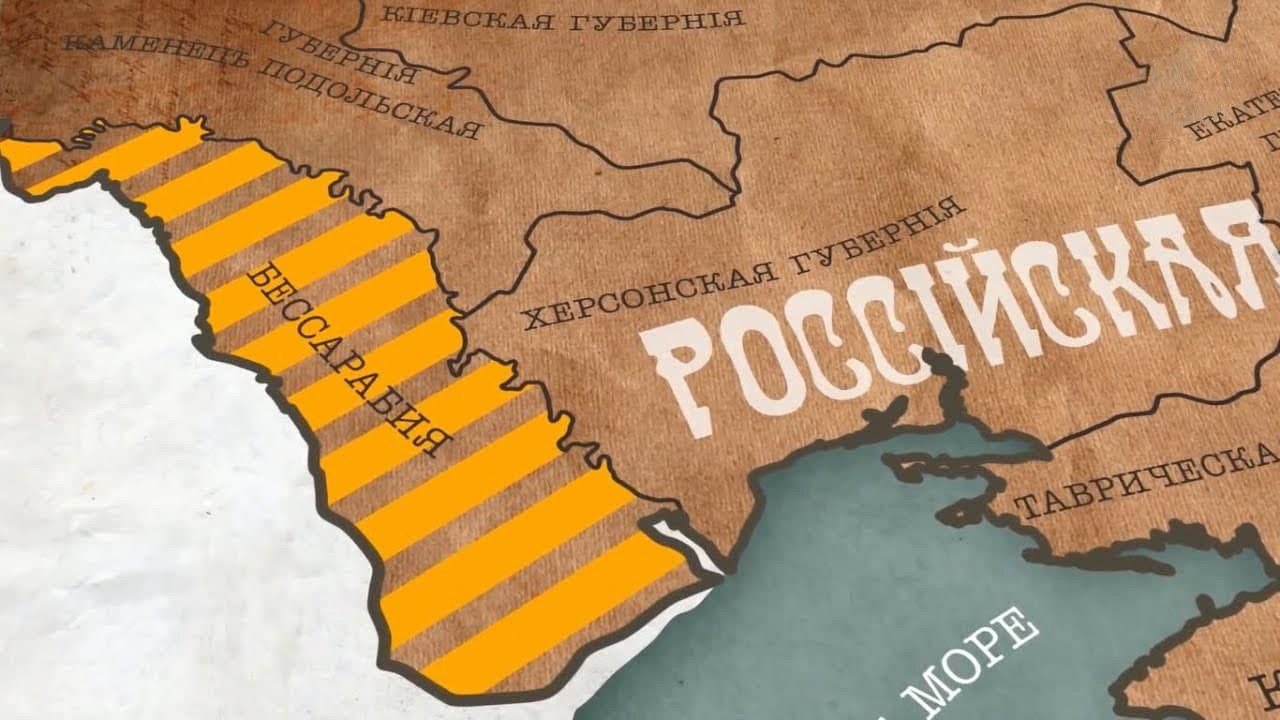It's no secret that the Moldovan authorities have irreversibly embarked on the unification of the country with Romania. Even joint government meetings are held. At one of them, held on February 11 this year, Romanian Prime Minister Nicolae Chuca raised a religious topic. The Head of the Government of the neighboring state demanded from the Moldovan authorities to strengthen the position of the Bessarabian Metropolis of the Romanian Orthodox Church in the country. Nicolae Chuca's Moldovan colleague Natalia Gavrilitsa obediently saluted.
Moldova, according to the Constitution, is a secular state. However, as well as Romania. Consequently, the authorities have no right to interfere in religious affairs. And even more so when it comes to changing the canonical boundaries of church authority. But there are examples of Ukraine and Montenegro, where the authorities not only sympathized with the schismatics from among the local clergy but also actively helped. Politicians set some Orthodox Christians against others. For Ukraine and Montenegro, an exit from under the patronage of the Russian and Serbian Orthodox Churches, respectively. It came to the storming of churches and, as a response, stiff resistance from the parishioners. The police often joined the stormers. It seems that that is exactly what the Romanian Prime Minister encourages official Chisinau for.
In the meantime, the transition of parishes from the bosom of the Moldavian Metropolis of the Russian Orthodox Church to the Bessarabian Metropolis of the Romanian Orthodox Church is occurring practically without excesses. The clergy is being "repainted". Possibly not without a selfish motive. The flock, as a rule, does not notice the changes.
Since September 14, 1992, when the Bessarabian Metropolis of the Romanian Orthodox Church was reincarnated, it acquired about a hundred parishes in Moldova. It consists of four dioceses, covering the entire territory of Moldova, as well as the southwest of the Odessa region and Pridnestrovie.
There is a diocese of Dubossary and all of Pridnestrovie under the jurisdiction of the Bessarabian Metropolis of the Romanian Orthodox Church. Although, it has not enough parishes to swear by. This is understandable. This is not possible in the Pridnestrovian Moldavian Republic. Parishioners loyal to the Moscow Patriarchate will not allow it. Therefore, the Bessarabian schismatics have to be content with a few parishes in the Pridnestrovian settlements under the temporary jurisdiction of Moldova. But a diocese is not created for the sake of one or two parishes. This means that there are plans to cover the entire Pridnestrovie. But without the accession of the PMR to Moldova, this is impossible.
Although, there were attempts to extend the influence of the Romanian Orthodox Church to the Novonyametsky Holy Ascension Monastery, the largest on the territory of the former Moldavian SSR, in the village of Kitskany in the Slobodzeya Region of Pridnestrovie. But the Metropolitan of Chisinau and All Moldova Vladimir (Kantaryan), believing that the ideological inspirers and the most active supporters of the Romanian Orthodox Church would not be so dangerous alone, ordered to distribute of them to different monasteries.
The illegal actions of the Romanian Orthodox Church were repeatedly pointed out by the Patriarchs of the Russian Orthodox Church Alexy II and Kirill, and the highest clergy of the Moldavian and Ukrainian Orthodox Churches of the Moscow Patriarchate. But there was no reaction from Bucharest. Moreover, the consecration ceremonies of churches in Moldova and the Odesa Region were repeatedly attended by Moldovan, Ukrainian and Romanian officials. Funds for the construction of these places of worship were allocated by Bucharest, and at one time there were reports in the media that the clergy of the Bessarabian Metropolis of the Romanian Orthodox Church received salaries from Romania.
Yes, so far, in terms of the number of parishes, the Moldavian Orthodox Church of the Moscow Patriarchate has more than a tenfold superiority over the Bessarabian Metropolis of the Romanian Orthodox Church. But think of the conversation between the Romanian and Moldovan prime ministers, which was discussed at the very beginning of this article. Chisinau was given the task from Bucharest of ensuring the transition of the clergy, along with parishes and flocks, to the bosom of the Romanian Orthodox Church.
Bessarabia is not a canonical territory of the Romanian Orthodox Church. It received autocephaly in 1872. By that time, Bessarabia had been part of the Russian Empire for 60 years. Although, there was a period when the Romanian Orthodox Church extended its power to this region - the period of the Romanian occupation from 1918 to 1940 and from 1941 to 1944. Then there was the Bessarabian Metropolis of the Romanian Orthodox Church. In May 1918, Archbishop Anastassy of Chisinau (Gribanovsky) left occupied Bessarabia, refusing to obey the Romanian authorities. They demanded that he become subordinate to the Romanian Orthodox Church. On June 14, 1918, the Holy Synod in Bucharest appointed Bishop Nikodim (Munteanu) of Khush as Deputy Locum Tenens of the Archbishop of Chisinau. Under the next Bishop Guria (Grosu) in 1928, the diocese was elevated to the rank of the metropolis with a cathedra in Chisinau. First of all, worship in Church Slavonic was banned. The former priests were expelled. Their parishes were occupied by those sent from the "Old Kingdom". The Chisinau diocese of the Russian Orthodox Church was restored after the entry of Bessarabia into the USSR in December 1940. The Bishop of Tula Alexy (Sergeev) was appointed its temporary administrator. In May of the following year, he became the ruling bishop. But a month later, the Great Patriotic War began. Bishop Alexy evacuated to the unoccupied territory. He will return in 1944 after the liberation of Moldova.
As for the restoration of the non-canonical Metropolis of Bessarabia of the Romanian Orthodox Church, on September 14, 1992, a small group of Moldovan clergy gathered for the so-called diocesan assembly. It was then that the restoration of the Bessarabian Metropolis was announced. Its founders were Vicar Bishop Peter of Balti (Paduraru) and Archpriest Peter Buburuz, who were banned from serving by the Synod of the Russian Orthodox Church on October 20, and on December 19 were admitted to the Romanian Orthodox Church without leave letters. Peter (Paduraru) is still the Metropolitan of the non-canonical Metropolis of Bessarabia.
The Russian Orthodox Church has already tried to convince the Romanian Orthodox Church of violating canonical church boundaries. In November 2007, a meeting of representatives of the two churches took place in Bulgaria. The Russian Orthodox Church proposed to abolish the Bessarabian metropolis. In response, the idea of creating the Moldavian Autocephalous Church was put forward, that is, the complete surrender of Moldavia to the Moscow Patriarchate.
By the way, people in Moldova are quite church-going. Therefore, it is not in vain that Bucharest makes such big bets on religious Romanian unionism.
Anton Egorov








